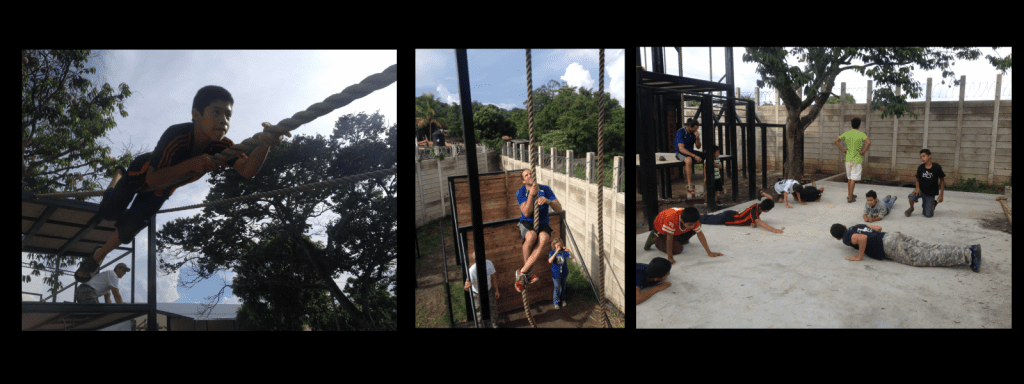Introduction
Personal identity is not formed in isolation; it is deeply influenced by external factors such as culture, family, and environment. These influences shape our values, beliefs, behaviors, and ultimately how we perceive ourselves. Understanding the role of these factors in shaping identity is essential for individuals seeking to live authentically and develop a sense of self that aligns with their true values and desires.
This article explores the significant impact that culture, family upbringing, and societal expectations have on personal identity, self-perception, and the journey toward authenticity.
Culture’s Influence on Personal Identity
- Cultural Norms and Traditions:
- How It Shapes Identity: Culture provides a set of values, norms, and traditions that individuals are socialized into from birth. These norms often dictate what behaviors are acceptable or encouraged and influence how individuals view their roles within society.
- For example, in collectivist cultures (such as many Asian and African societies), individuals may prioritize community well-being and familial responsibilities over personal desires. This shapes their identity as interdependent rather than independent.
- Impact on Self-Perception: Cultural identity influences how individuals view success, failure, and self-worth. If someone grows up in a culture that values academic achievement, they may define their self-worth based on educational success. Cultural norms also influence gender roles, career choices, and family dynamics, which shape personal identity.
- Cultural Differences and Identity Conflict:
- Navigating Conflicting Cultural Values: For individuals living in multicultural societies or those who have migrated from one culture to another, conflicting cultural values can create identity confusion. These individuals may struggle to balance the values of their heritage with the expectations of the dominant culture.
- For example, a person of immigrant background may feel torn between adhering to their family’s cultural expectations and adopting the cultural norms of their new environment.
Authenticity and Cultural Heritage: Embracing cultural heritage while integrating into a new society can help individuals reconcile conflicting identities and live authentically. Understanding and appreciating cultural differences allows individuals to create an identity that honors their heritage while remaining true to themselves.

Family’s Influence on Personal Identity
- Family Upbringing and Early Socialization:
- Parental Influence: From a young age, family is the primary agent of socialization, shaping an individual’s values, beliefs, and self-concept. Parents instill morals, traditions, and behaviors that become the foundation of personal identity. For example, children raised in religious households may develop strong spiritual identities based on their family’s religious beliefs.
-
Role Models and Identity Formation: Family members serve as role models, influencing career aspirations, personal values, and behavior. A child who grows up in a family of doctors may be encouraged to pursue a career in medicine, which can become part of their identity.
2. Family Dynamics and Self-Perception:
-
Healthy vs. Dysfunctional Family Dynamics: The quality of family relationships has a direct impact on self-esteem and identity. Positive reinforcement from supportive family members can foster confidence and self-worth, while negative family dynamics (such as criticism or neglect) can lead to low self-esteem and identity confusion.
Finding Authenticity in Family Expectations: Family expectations can shape identity in both positive and restrictive ways. While family values can provide a sense of belonging and purpose, they may also limit personal growth if they conflict with an individual’s true desires. It’s important to balance familial loyalty with personal authenticity, making choices that align with your own values.
Environmental Influence on Personal Identity
- Socioeconomic Factors:
- Socioeconomic Status and Identity: The environment in which individuals are raised—including their socioeconomic status—plays a significant role in shaping identity. People from different socioeconomic backgrounds may develop varying perspectives on money, success, and education. For instance, individuals from lower-income backgrounds may develop a strong sense of resourcefulness and resilience as part of their identity, while those from wealthier backgrounds might prioritize education and career success.
- Access to Opportunities: An individual’s environment impacts the opportunities available to them, such as access to quality education, career advancement, and social mobility. These opportunities shape self-perception and influence whether someone sees themselves as successful or limited by their environment.
- Geographic and Social Environments:
- Cultural Environment: Geographic location plays a significant role in shaping identity. People raised in urban areas may adopt more progressive and liberal views, while those in rural areas might hold traditional values. The pace of life, social attitudes, and access to resources vary by environment, influencing how individuals develop and express their identity.
- Social Circles and Identity: The social environment, including friendships, communities, and workplace dynamics, also shapes identity. Social groups provide a sense of belonging and influence how individuals view themselves in relation to others. Peer influence, particularly during adolescence, can significantly impact self-esteem and personal identity development.
Finding Authenticity Amid External Influences
- Balancing Cultural, Family, and Personal Values:
- Authenticity involves understanding how culture, family, and environment shape your identity while making choices that align with your personal values. It’s important to honor these influences while also acknowledging where they may limit your growth.
- Practical Tip: Engage in self-reflection to identify the values that resonate with your true self. Journaling or speaking with a mentor can help clarify how these external factors shape your identity and guide you toward making more authentic choices.
- Navigating Identity in Multicultural and Diverse Settings:
- Embracing cultural diversity can enhance your sense of identity, allowing you to draw from multiple cultural influences. Finding authenticity means integrating aspects of different cultures that align with your personal beliefs and values.
Practical Tip: Explore your cultural heritage and its impact on your identity, while remaining open to other cultures and experiences that expand your worldview. This balance fosters a more holistic and authentic sense of self.
Conclusion
Personal identity is shaped by a complex interplay of culture, family, and environment. These external factors provide the foundation for our values, beliefs, and self-perception, but they can also create challenges in finding authenticity. By understanding the role of these influences, individuals can navigate societal expectations while embracing their true selves. Authenticity is about balancing external influences with personal values, allowing you to live a life that is both true to your heritage and aligned with your deepest desires.



